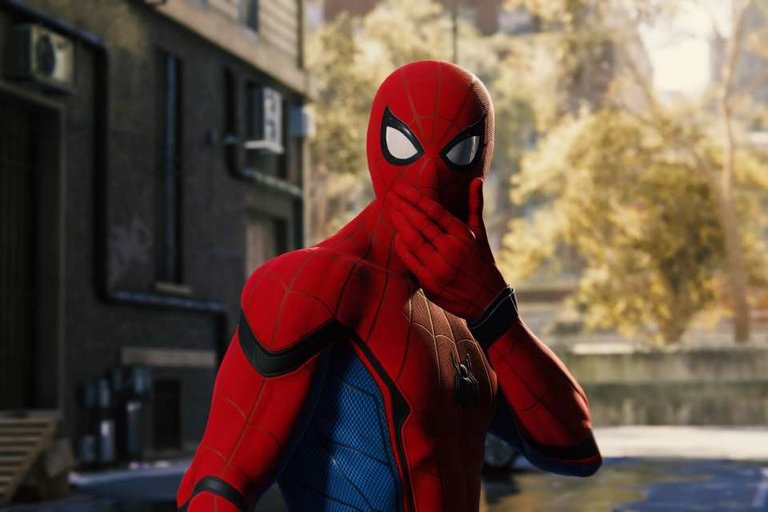
In recent weeks, criticism of the quality of Marvel films has only increased: to the statements of Scorsese, now those of Coppola and even the Spanish director Pedro Almodovar, who has insisted that the great superhero franchises They need "more sex." What is behind all the criticisms of the great sagas that dominate the box office today and predominate in the public's taste? Maybe it's all about a vision of how Hollywood works and how much it affects minority cinema.
Martin Scorsese does not consider it to be "cinema", Coppola called them "despicable" and now Pedro Almodovar insists that movie superheroes "are castrated." Lately, the great debate in Hollywood seems to relate directly to the way in which Marvel has created what is, perhaps, one of the most profitable products in the world of entertainment today. The superhero cinema is now under the scrutiny of the great names of Hollywood, while fans of the most beloved sagas of recent years and defenders of the most emblematic directors of our time face in social networks. The big question that arises is inevitable. Why now? What happens that mythical names of movie mecca devote their attention to the quality and success of a type of films so remote from their natural environment?
It might seem that it is a free and direct attack against a way of creating a show that does not require much effort: after all, the highest grossing film franchises accumulate astronomical figures that can hardly be matched in the medium term. The duo Marvel and Disney this year reached 7.670 million dollars in net profits of collection of taqulilla a record in the industry, only surpassed by the same Disney, which in 2016 reached 7.610 million dollars in the global box office.
However, these are more complicated variables that have surely caused much of the world of cinema to be wondering if, in the future, cinema will be exclusively populated by franchises aimed at a very young or very specific target, based on the great mythologies of pop culture. Is there room for author's cinema or a more risky one? What can happen when phase four of the Marvel Cinematic Universe takes the proposal of the study to a new dimension and that definitely involves a good part of the so-called AAA list of movie mecca? The inclusion of Oscar winner Angelina Jolie in The Eternals is not free, after her experiments in the director's chair. In addition, more and more notorious that directors, producers and actors seem to be closer to the dilemma about the inevitable need to swell the ever-growing list of big names behind the heroes of popular culture.
Is that panorama what worries the most famous directors and fundamental pillars of cinema as we understand it today? It is likely that this is a legitimate concern in certain areas and also a wake-up call about how to make films today.